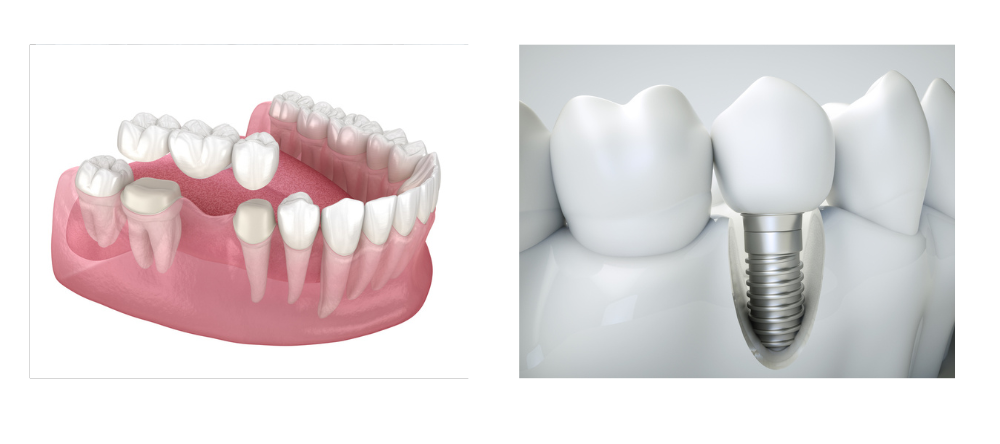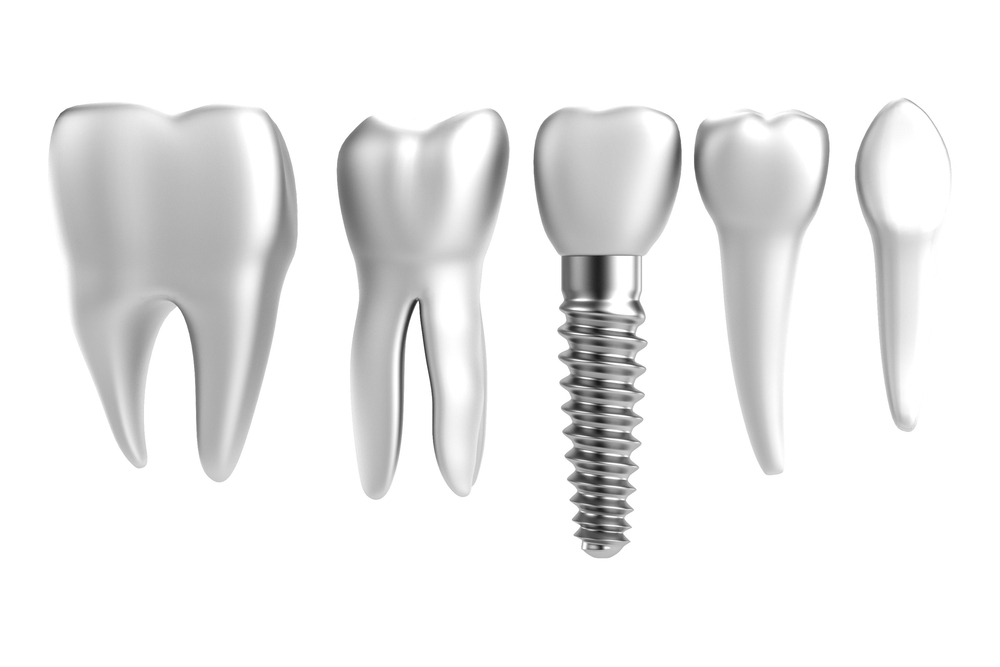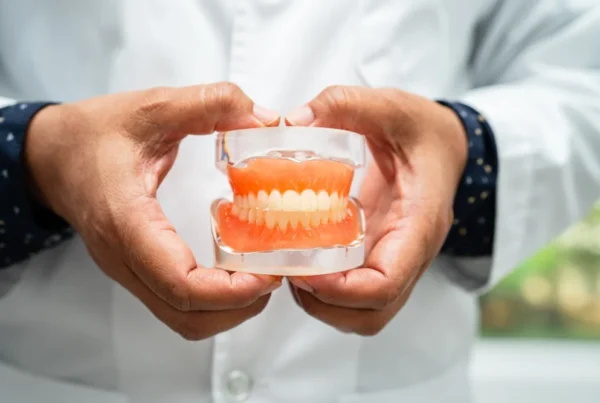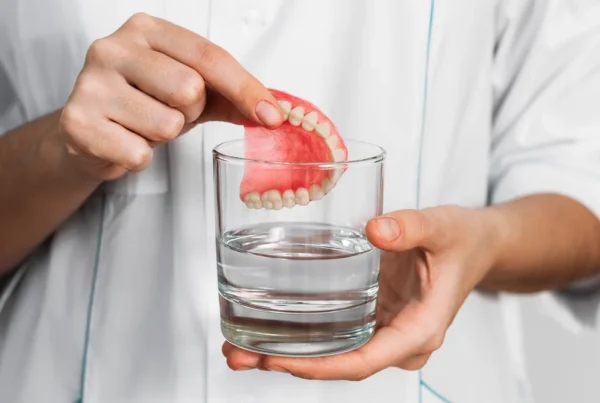Dental Implants Vs Dental Bridge, which would be a better fit for you?
Losing your teeth leaves you stuck between a rock and a hard place. Do you get dental implants or opt for bridges to replace those missing teeth?
Both aim to restore your smile. But they take wildly different approaches.
Let’s weigh the pros, cons, costs and differences between these two alternatives!
Implant vs Bridge Longevity
Dental implants stand the test of time, while bridges often require replacement every 5-10 years. What gives implants their unbeatable long-term durability?
Implant Lifespan
With proper oral care, individual dental implants can last 25-30 years or longer. That’s decades chewing comfortably! Some even last lifetimes.
Their titanium fuses securely to the living jawbone on a cellular level. This makes implants super sturdy long-term. Over 90% of implants still function perfectly after a decade.
Compare that to bridges only lasting 5-7 years before needing replacement. Implants often outlive their wearers!
Bridges rely on gluing crowns onto natural teeth for support. Those teeth decay over time, necessitating new bridgework. Implants stand sturdy on their own.
Bridge Lifespan
After just 5-7 years, around half of all dental bridges need replacement.
Constant stress on the anchor teeth causes fractures, decay and loss. This makes new bridgework necessary. Implants don’t have this built-in structural weakness.
Bacteria also infiltrates bridge gaps over time, requiring vigilant cleaning. Still, decay remains an issue. Need a new bridge? Better dig those dollars out of your wallet again!
For an inexpensive short-term fix, bridges once filled the gap. But their lifespan pales in comparison to modern implant technology. Don’t settle for short-term savings if they lead to higher long-term costs.
Implant vs Bridge Feeling
Beyond pure function, tooth replacements should leave you grinning, not cringing! Bridges and implants differ drastically in comfort.
Implant Natural Feeling
Dental implants look, feel and function eerily similar to healthy natural teeth. You forget you ever lost your chomper at all!
Their stability means chewing and biting like normal without worry. No need to go easy! This preserves surrounding teeth and bone density long-term.
With bridges, people often adapt their bite to chew gently. This prevents damage to the anchor teeth securing the bridge. No such precautions necessary with sturdy implants.
Bridges also simply feel less comfortable and natural. The cement adhesive and crowns feel foreign at first. Implants fuse directly with the bone itself for seamless stability.
Bridge Feeling
Bridges often produce an uncomfortable “filling” sensation at first. Patients adapt to the feeling over time.
The cement adhesive and anchor crowns feel awkward until you get used to having them in your mouth. It takes patience to adjust.
Since bridges attach to neighboring teeth for support, they lack the rock-solid stability of an implant fusing with bone. Your bite power weakens to avoid loosening or dislodging the bridge.
For long-term comfort and a natural integrated feeling, implants deliver the goods. Bridges often feel “off” and make you overly conscious of your bite.
 Implant vs Bridge Function
Implant vs Bridge Function
Tooth replacements shouldn’t just look pretty. They need to optimize oral function too. Once again, implants outpace bridges.
Implant Oral Function
Dental implants become so seamlessly integrated that patients forget they ever lost the tooth, especially with the different types of dental implants! Talking, eating, smiling – it all feels natural again.
Implants prevent bone loss by mimicking tooth roots. This sustains your bite strength and oral function as you age. Bridges speed up bone deterioration over time.
Implants stand firm on their own, fused securely to the jawbone. This total tooth replacement stability strengthens every part of your smile. Bridges just can’t provide that lasting support.
Bridge Oral Function
Since bridges rely on neighboring teeth for anchoring, they function less optimally than lone-standing implants.
Your bite power weakens over time to avoid damaging or loosening the bridge. More chewing care is required.
Food and plaque also gets trapped under bridges more easily. Keeping bridges squeaky clean takes more vigilance. Implants stand flush.
Bridges merely support oral function while accelerating the deterioration. For optimal bite power and oral health in the long run, implants are king.
Implant vs Bridge Maintenance
Tooth replacements with difficult maintenance become a real nuisance. How do bridges and implants compare on upkeep?
Implant Maintenance
Caring for dental implants mirrors looking after your own natural teeth. Brush gently twice a day and you’re good to go!
With proper daily oral hygiene, implants need minimal maintenance beyond twice yearly checkups. Their longevity means fewer replacement procedures too. Set it and forget it!
The implant fuses securely to the jawbone with no glue or anchor teeth. This makes bridges far more high-maintenance.
Bridge Maintenance
Bridgework demands daily care and long-term professional cleanings. Otherwise, say hello to cement erosion, decay and bacterial buildup in bridge gaps.
Skipping just a few days of thorough flossing and brushing accelerates bridge breakdown. Strict oral hygiene becomes a chore.
Every 5 years, expect bridge repairs like replacing cracked anchor crowns or re-cementing loose ones. Every decade, a whole new bridge is needed on average. More maintenance means more time and money down the drain.
Implant vs Bridge Cost
You often “get what you pay for” with medical procedures. While implants have higher upfront costs, they avoid expensive long-term bridge repairs.
Implant Cost
Yes, the initial dental implant process does cost more than bridges. Each implant runs $1000-$3000 on average depending on location.
But that higher startup cost pays off when avoiding pricey bridge repairs and replacements every 5-10 years. Bridges lure you in with lower initial costs only to sock you with procedures long-term.
Over 20 years, a single implant may cost around $5000 total. A bridge runs only $4000 or less upfront, but requires replacement every 5-7 years at the same price. Those costs compound!
Bridge Cost
Basic bridges range from $500 for a simple model to $4000 for a standard multi-tooth bridge.
The low initial cost makes bridges very tempting. But remember you’re looking at shelling out cash for replacement every 5-7 years.
Over 20 years, you could need 3-4 brand new bridges at $1500-$4000 each time. That’s $4500 to $16,000 total! Suddenly implants don’t seem so expensive.
Implants may have higher startup costs, but their longevity makes them a smarter long-term investment. Bridges ultimately turn into money pits.
Implant vs Bridge Process
No one wants a painful dental procedure or tough recovery. Implant and bridge placement differ greatly when it comes to comfort.
Implant Process
The implant process is meticulous, with oral surgeons expertly embedding titanium posts within the jawbone.
After numbing the area with anesthesia, a small opening is drilled into the bone. Measurements are taken to find the optimal implant positioning.
The post is carefully threaded and secured deeply within the socket. Gums are stitched closed overtop to heal over 3-6 months.
Bridge Process
Bridges needs aggressively shaving down healthy anchor teeth to nubs in order to install crowns.
Each anchor tooth is ground down and fitted for a crown cap. A bridge framework is then firmly cemented onto the crowns, filling the gap left by the missing tooth.
The grinding process damages healthy tooth material, causing sensitivity initially. The aggressive tooth removal also requires anesthesia.
Over time, bridge cement can wash out or crowns crack, requiring replacement. The process is highly invasive compared to implants.
Final Verdict
When weighing dental bridges vs. dental implants for tooth replacement, the winner becomes clear:
- Implants preserve healthy neighboring teeth. Bridges grind those teeth down as anchors.
- Implants prevent bone loss by mimicking tooth roots. Bridges accelerate tissue and bone deterioration.
- Implants feel and function naturally for decades. Bridges often feel foreign and need frequent replacement.
- Implants win on longevity, comfort and seamless integration over bridges.
- Yes, implants cost more upfront. But they avoid expensive bridge repairs and replacements long-term for better value.
Act Now!
Still unsure or maybe you think dentures vs dental implants or even implant dentures might be better for you? Consult an expert dentist for advice to determine the best options for your needs. But if feasible, implants triumph over bridges in the battle to restore your priceless smile.
At ReNew Dental, we believe everyone deserves to smile brightly and live life to the fullest.
We believe that we have the best oral surgeon and team and we’re on a mission to help patients restore their oral health in order to renew their joy and self-assurance.
We know how frustrating it can be having to visit multiple different dental offices for various treatments. That’s why Dr. Elaine Wu at ReNew Dental offers “one stop shop” comprehensive care so you can revitalize your entire smile under one roof.
Here’s how we do it:
- We offer dental implants, implant-secured dentures, smile makeovers, clear aligners, and more.
- Elaine Wu leads the team of experts in utilizing the latest technology to craft personalized solutions.
- We also provide sedation dentistry for relaxation.
If you’re ready to say goodbye to tooth troubles and hello to a revitalized, beautiful smile, contact us today to schedule a consultation. Meet with me and we’ll map out a personalized plan to restore your oral health and confidence.
In the meantime, you may schedule a free consultation with us today!
Contact Us
Phone:
978-451-1500
Address:
1201 Main St.
Tewksbury, MA 01876
Email:
team@mybrandnewsimile.com






